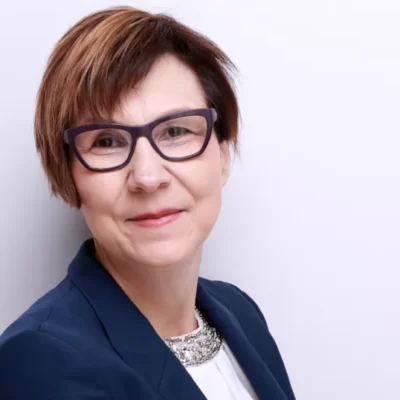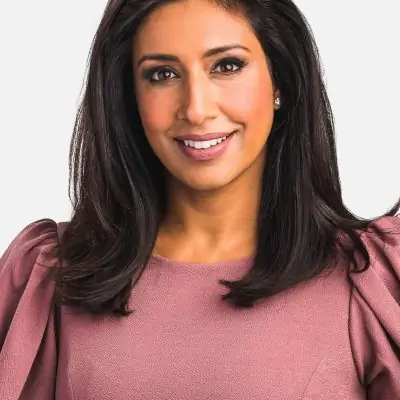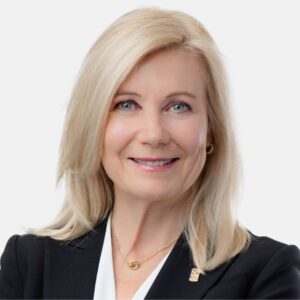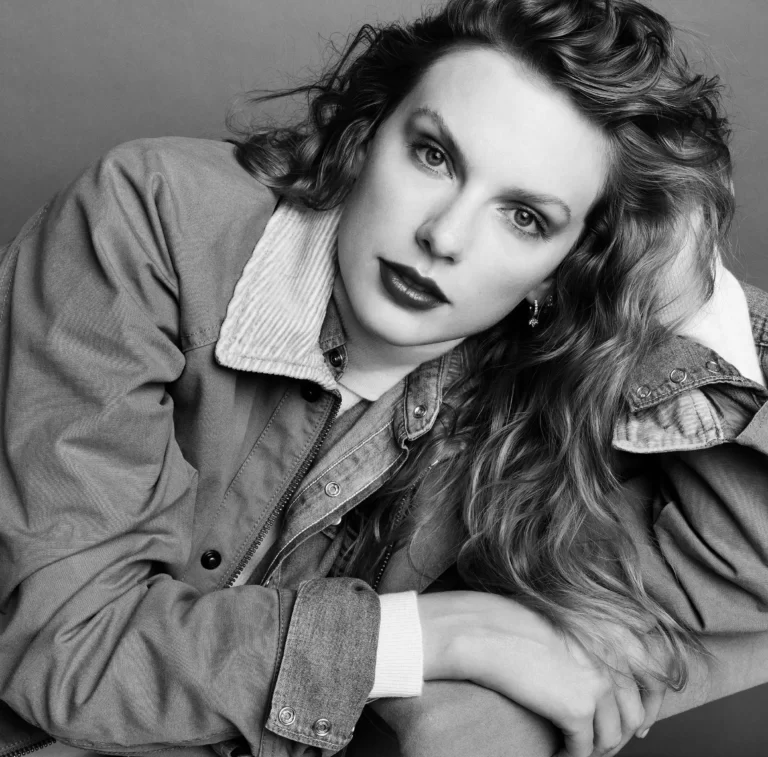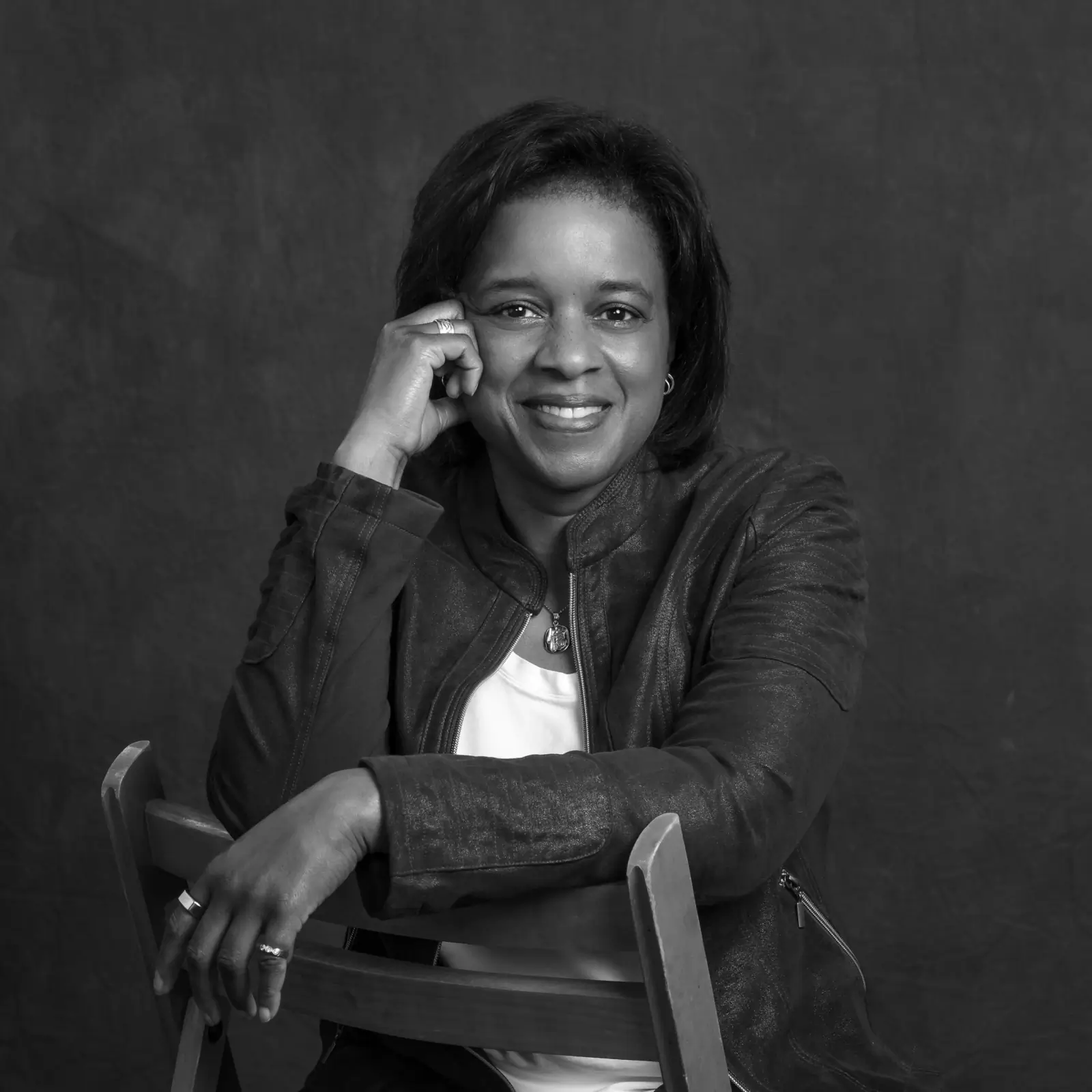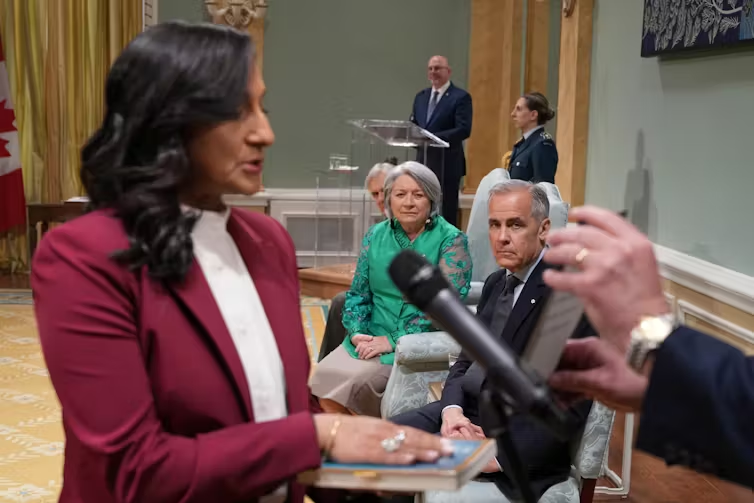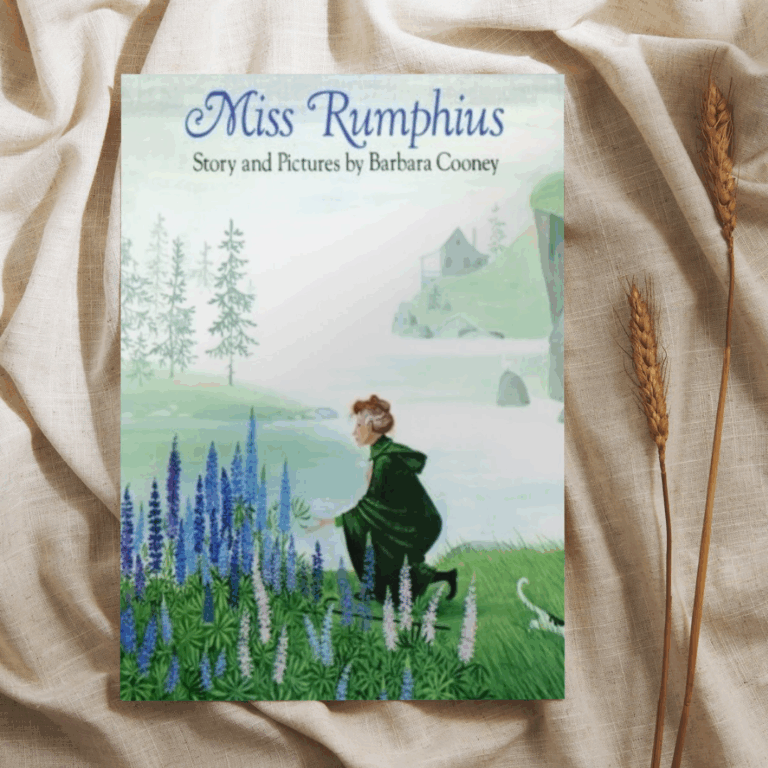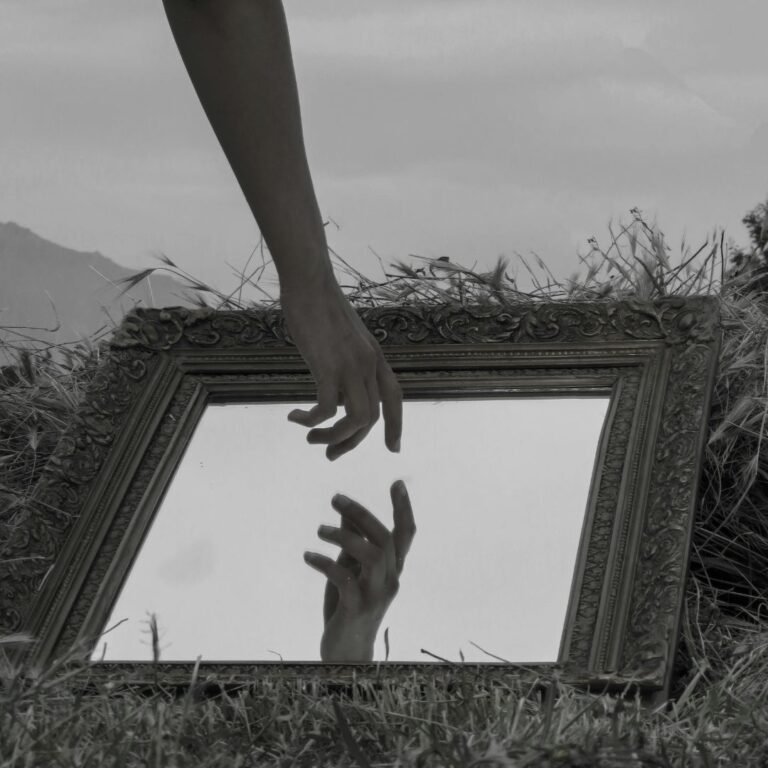Marie Wilson — Award-winning journalist who founded Northern Canada’s first daily television news service
Marie Wilson is an award-winning journalist who founded Northern Canada’s first daily television news service, which operated in English, French and eight Indigenous languages. She was also notably one of three Commissioners of Canada’s Truth and Reconciliation Commission, where she travelled the country to witness and record the testimonies of thousands of residential school survivors. In this open and honest conversation, Marie talks to Jen and Catherine about the power of love, the value of hindsight and the importance of building a society where all feel accepted and heard.
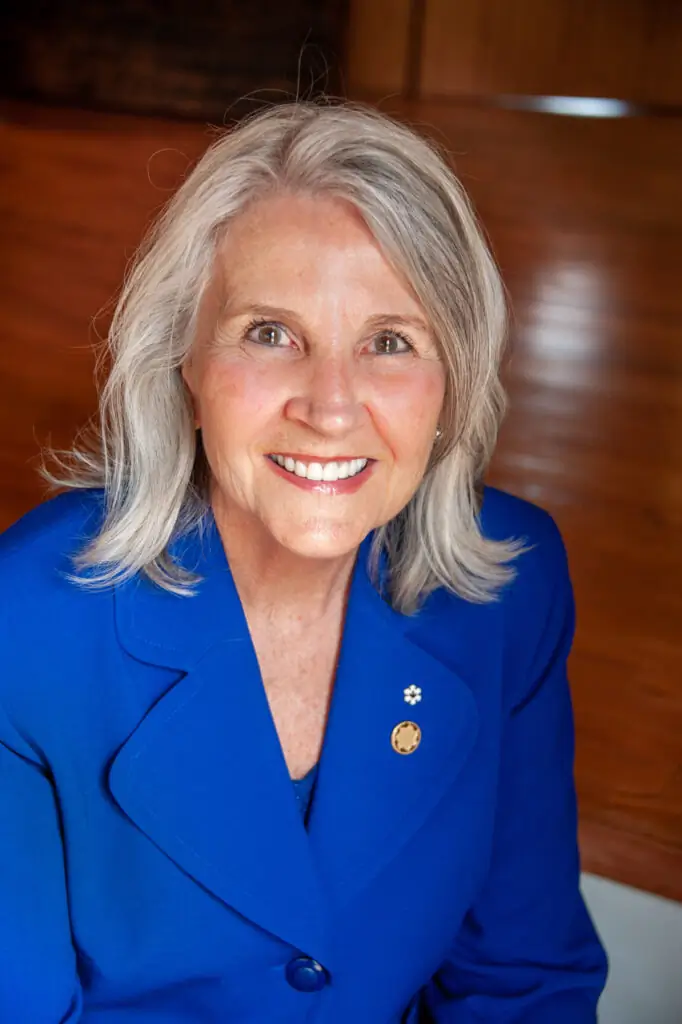
Marie Wilson about the importance of education
Jennifer Stewart: Why was pursuing post-secondary education so important to you?
Marie Wilson: Well, to be honest, I didn’t even know it was that important then. It was still at a time where it was not hugely common for girls and women in society broadly, but it certainly was not common in my reality. I owe a great thanks to my oldest brother, who not only encouraged me but convinced my parents, neither of whom had a university background or any reference to it; it was all very intimidating for them.
My brother was the one to sell them on the idea, to see the potential in me and to see where the future was heading, and that I needed to be equipped to position myself in it. We were a very big extended family. There were four kids in my family, but I had 27 first cousins on one side of the family and another 16 or so on the other side of the family, and we all grew up together as cousins who were, in many ways, like brothers and sisters.
And so it was a big deal for me to go. I always felt privileged for that. It was a stretch financially, and I always felt very grateful for the support that I got, especially for the moral and emotional encouragement of my oldest brother.
How living abroad shaped Marie Wilson
Jennifer Stewart: After university, you moved to West Africa to teach. How did that experience shape you?
Marie Wilson: Well, I didn’t go there as my first point of departure. I did also go and study and live for a year in France. And I say that because it was my first time on an airplane, and it was my first time that far away from home. Remember that in the 60s, we’re talking about a time where we didn’t have an internet. We didn’t have cell phones. We didn’t have any means of communication over long distances, except by the pen, and we had mail strikes often.
So when you were away from home, you were really away from home. I did not have a telephone when I lived in France. I had to line up at Christmas time in the phone box at the post office to make a phone call home to hear voices I hadn’t heard for months.
A couple of years later, after graduating with my undergraduate degree in French Language and Literature, when I went to teach in West Africa, it was even farther afield—a more extended period of two years and, culturally, a far more extensive stretch.
But at least I already had the experience of living away from home. I’d already made some important discoveries about myself and my ability to take care of myself, be street smart, and engage with others in ways that would not only be enriching from an interpersonal point of view but would be necessary for my well-being and that would make it all a joy, however difficult it ever got to be. West Africa was certainly that.
As for my dream of going to the African continent, I think I was partly influenced by one of my older brothers, France, who had lived and worked in Africa for some time and came home to visit us one summer and had some beautiful little goulimine beads and gifted me with one. It just captured my imagination.
I wanted to go see where those beautiful stones came from. It drew me to French West Africa; I wanted to be in a Francophone country because I was Anglophone, and it would force me and oblige me to continue to function in French. And it would fulfill that part of me that was hungering to know a bigger and a wider world.
Catherine Clark: That risk-taking, that idea of being an adventurer, is that something that’s defined you since you were a kid?
Marie Wilson: That would be fair to say. Also, my siblings are all brothers. My mum would often say that I wanted to be just like the boys. I didn’t have a lot of choice about it: I wanted to be part of something. And so that’s how it was in our nuclear family. And many of my cousins, especially the older ones, were also boys. So, I grew up in that kind of a frame.
You used the word courage, and there was some of that in there. But there was also some foolhardiness. It was one of those things where it was easy to leap when you were ignorant about where you might land. I’ve often thought, being now a mother, I would kill my kids if they were away for two years and I had no way of communicating. I did not hear a voice from my family for two years when I was in West Africa.
When I think about that, I don’t immediately think, ‘Wow, I was amazing.’ I immediately think, ‘How selfish! How painful that must have been for my parents.’ How difficult it must have been for them, too, because I knew where I was, and I always thought I was okay. They had a huge blind spot. Not only did they not practically know, but not even being able to imagine where I was and the geopolitics of it all, which was very active; I lived through a coup d’etat. It wasn’t always safe, and it was one of the poorest countries in the world.
And I was there as a single woman in a society where being single at my age was ridiculous and where I was constantly surrounded by people who thought they had to take me in, or save me somehow, or marry me, just to save me from my rejected state. It made my experience extremely beautiful because it connected me to my African colleagues and many African families in a way that was, in fact, more intimate than a lot of fellow Canadians who were there as couples and with higher-paying programs than mine.
I was being paid at the level of local people in a country that was the second-poorest in the world. I was not raising a whole family, so I’m not complaining about that. But I sure wasn’t setting any money aside either. knowing I was going to walk back home to a pile of student debt that I had to get a grip on at some point in my life. But it was such an enriching experience.
And I think as all of our big life experiences are in the end, it was most rich in the internal travels I was involved in, really getting to know myself better, being forced to come face to face with myself, being forced to test myself in many circumstances, and to see that I was okay. And those things do equip you for later life, because life is a series of challenges, and the better equipped we are to face those and not be defeated by them, the better we are to move on through them and on to the next thing.
Marie Wilson about the power of love
Jennifer Stewart: How do we instill that streak of fierce independence in our daughters and sons?
Marie Wilson: Well, we are living in particularly challenging times because of social media and media itself, which is vast and everywhere. It wasn’t like that at the time. We could count on two hands if you pushed it, the number of media channels that any of us had access to in terms of television. Hence, you weren’t constantly facing a reflection of our society which was fearful, frightening, and heavily populated with people hurting each other.
We suffer, I think, from the imbalance of the reflections we are given of ourselves. We do well when we are able to see positive images of ourselves that show extraordinary people doing amazing things and the goodness that is always a part of that. And so to our children, our influence can only be one-on-one. But I know that sometimes it only takes that one person who thinks you’re extraordinary, who believes in you, and who constantly lifts you up and encourages you, for you to start to believe that about yourself and emulate that forward. And that’s all we can do.
We can’t change a whole society around ourselves, but we can influence the world in which our children grow up in their earliest stages. We can offer them the best of ourselves and as much love as we have to give them, because that is the core ingredient that will equip them to believe in themselves in the wider world.
Catherine Clark: That element of love and feeling trusted and that they have your confidence.
Marie Wilson: I have been so starkly reminded of that in these latter years through my work as one of the Truth and Reconciliation Commissioners. If there was a core and recurring message that we heard from the thousands of survivors who spoke to us who had grown up in those institutional settings and contexts where they were not protected, it is a feeling that they were not loved and that there was no love in those places.
And, of course, there were some exceptions. But we didn’t have a Truth and Reconciliation Commission because of positive exceptions. We had a Truth and Reconciliation Commission because something horrible had happened in our country, with lasting consequences that we’re still dealing with today.
I went into the commission expecting survivors would tell us that the worst thing that happened to them was some variation of sexual abuse. In fact, that is not what people named the worst thing, though it was horrific for those who experienced it. The most common and recurring message was the rupture from home and not just being removed from home but being left with a feeling and being told, in some cases repeatedly, that their parents did not want them and that they were not loved.
So that feeling of not being loved, of not being worthy, of not being cherished, that no one would care for them, and that they had no reason to believe in themselves either. Self-love was also significantly compromised and highly damaged because of messages like, ‘You’ll never amount to anything. Your parents are no good. They’re going to burn in hell’ – all of these recurring messages that children heard over and over again and took to heart.
I think that phrase, take things to heart, kind of answers the question: what does love have to do with it? We take these things into our hearts as true and as the things we believe. Many people who have worked hard on their healing journeys say one of the things reconciliation means to them, and one of the first places where they had to channel their forgiveness, was towards themselves – to forgive themselves, not for anything they did, but for having believed what others told them about themselves, that they were worthless or that they would amount to nothing. They had to take that back and turn that around and reinvest in loving themselves and in self-regard.
Finding her career path
Catherine Clark: What made you fall in love with the North? It kind of shaped the trajectory of the latter part of your life. How did that happen?
Marie Wilson: Well, it happened, oddly enough, as a direct line from Africa. I sat there listening to the Voice of America, which was describing a very different reality than the one I was living on the ground. I realized the importance of the media and how it can be helpful and contribute to destructive things. And I also saw people dealing with traditional economies, agricultural economies that were increasingly being taken over by big agricultural forces, at the same time seeing the unfolding of environmental and climate catastrophe as the Sahara desert was already making its advance and seeing people, noble people who had been camel herders and goat herders, migrating down into the urban setting, turning into photo-opp beggars because their traditional economies were being devastated by a combination of the environment and the societal structures that had duplicated the notion of haves and have nots, and that had completely displaced traditional governance models.
So I come to Canada, and what do I walk into? A country where all across Northern Canada, the Nisga’a are actively involved in a fight for their land claims; the people in the Yukon and the Northwest Territories are entirely focused on the Mackenzie Valley gas pipeline and the inquiry into a pipeline through the Yukon; the people in Nunavut are dealing with uranium mining exploration and advances into the Baker Lake area of Nunavut; James Bay is right in the midst of the Quebec hydroelectric expansion project that was going to displace and flood vast tracts of traditional homelands. All of these things are happening at the same time. And they are all, every one of them, homelands to Indigenous peoples. And I’m sitting there as someone who has just seen our country from a very wide lens far away, thinking, ‘All those dynamics are the very same ones I’ve just lived through in Africa.’ And so that’s where I made a decision to switch my career from classroom teaching to journalism, and I worked very hard to get myself – once I had a master’s in journalism – to get myself northward. I saw those as the big stories. I wanted to be in the heart of those stories, and I could see that Northern Canada was where they were all happening. And it was the place that Southern Canada knew the least about, so there was a lot of learning to be done.
Jennifer Stewart: You were the first host of Focus North, Northern Canada’s flagship current affairs TV show, and you essentially developed CBC North, which operates in four time zones and 10 languages, most of them Indigenous. What did this mean as a journalist and also as a woman?
Marie Wilson: This is a part of the country where well over 50% of it does not have road access, so it is not easy travel. And in those days, without the benefits of the internet and multiple channels, people
had literally not seen their leadership and their own people. So, I made it my mission for people to see themselves and feel that their stories, and their families, and their communities mattered and they needed to be reflected. And I took that philosophy into all aspects of my work.
Later, when I was in charge of the region, first of all, I insisted that if I was to run it, I would have to run it from the North, not from Ottawa. And secondly, that we needed to be served at least something approaching the kind of service everybody else in the country got. We had no daily television news service at that time. And so I came out with a woman’s mindset. I think women are good at finding a way to work a miracle when something seems impossible, and you don’t have enough resources, you don’t have enough time, and you don’t have enough anything. Maybe it’s the training we get with raising kids where you just find that eighth set of hands, even though you’ve only got two to do everything you have to do. And I just thought, I’m not going to accept that we can’t afford to have daily television in this part of the country; I will find a way. That’s what I set my mind to, and that’s what I did. And I feel incredibly proud of that, even though it’s always been an impoverished show. It’s never had the type of resourcing of southern programs. And it’s a huge geography. It’s very expensive to operate up here. But people at least see themselves now in ways they couldn’t before, and I feel gratified by that.
Note: This transcript has been edited for clarity and length.

